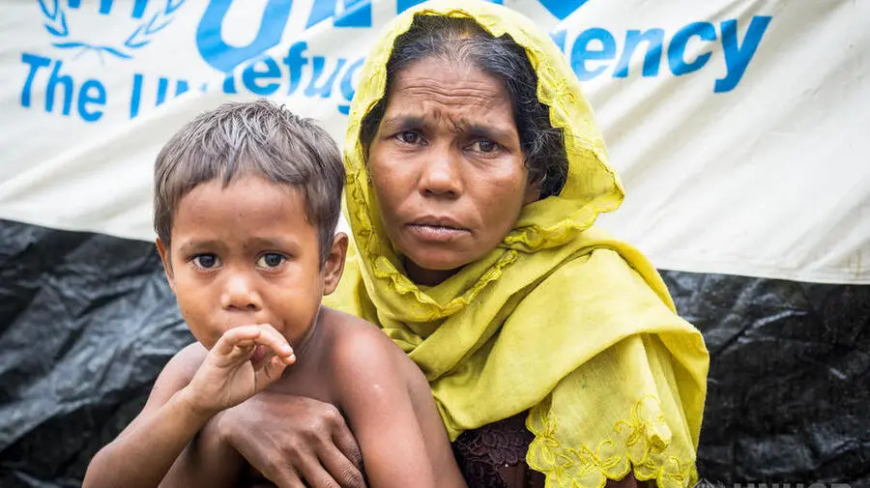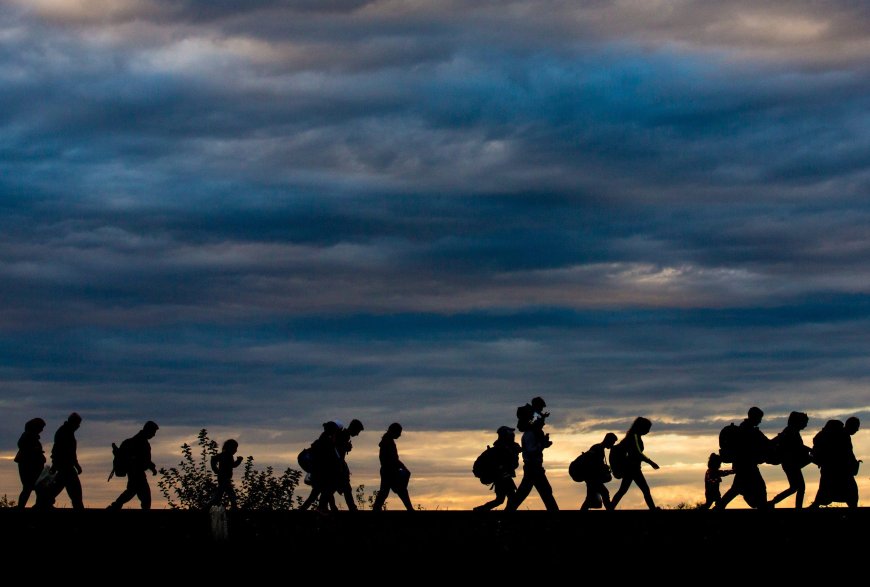“Breaking Barriers: The Human Side of Immigration”
Exploring the personal stories behind immigration, highlighting the human experiences and challenges faced by immigrants worldwide. This article delves into the personal stories of immigrants, shedding light on their struggles, triumphs, and the human side of immigration. It emphasizes the importance of empathy and understanding in addressing immigration issues.

Immigration is frequently analyzed through statistics and policies, but behind each number lies a personal narrative filled with hopes, hardships, and resilience. Consider Amina, a Syrian refugee who escaped her war-torn homeland seeking safety. Her perilous journey was driven by her unwavering determination to secure a better future for her children.
In the United States, Jose's experience as an undocumented immigrant from Mexico sheds light on the difficulties faced by those living without legal status. Despite his valuable contributions to his community, Jose lives under the constant threat of deportation. His story emphasizes the urgent need for comprehensive immigration reform that acknowledges the humanity of immigrants.
Similarly, in Kenya, Fatuma's story as a Somali refugee demonstrates the severe challenges faced by asylum seekers. After fleeing violence in Somalia, Fatuma sought refuge in Kenya’s Dadaab camp. Despite the harsh living conditions, she has emerged as a community leader, advocating for refugee rights and working on initiatives to enhance their living conditions.
Detention and deportation practices often intensify the trauma experienced by immigrants and asylum seekers. In the U.S., the practice of confining asylum seekers in poorly maintained facilities has faced significant criticism. In Kenya, refugees live with the constant fear of deportation, which contributes to their sense of insecurity and anxiety.

Xenophobia and anti-immigrant attitudes further complicate the lives of immigrants and refugees. In South Africa, xenophobic violence has targeted immigrants from other African nations, resulting in violence and displacement. In Kenya, refugees often face prejudice and hostility from local populations, making integration and security challenging.
These individual stories highlight that immigration is not merely a political issue but a deeply human one. Understanding the experiences of immigrants and refugees fosters empathy and can drive the development of more compassionate immigration policies.
What's Your Reaction?















































































































